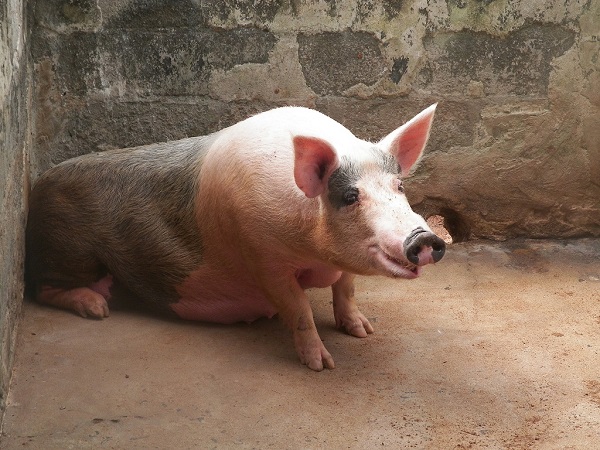

Parasites are disease carrying organisms whose existance expose livestock to disease attacks. These often live on or inside the animals. For a healthy and productive herd, a farmer should put measures to eradicate them.
Parasites and the control of them will always be an ongoing farm management task. Pasture and paddock rotation, good cleaning and sanitizing of stalls and equipment, and reducing stress for the animals will help reduce pig diseases from parasites. Internal parasites include worms and microorganisms. External parasites such as mites, ticks, and lice are easier to see and treat, but they can prove stubborn. Bacteria in the environment such as E.Coli, Salmonella, Staphylococcus, and can all cause illness in weakened or stressed animals. Pasture rotation and appropriate parasite control products are important. Keep good notes on what steps you take to control parasites.
The worms commonly associated with raising pigs include roundworms, lungworms, whipworms, and red stomach worms. Some deworming products are added to the water, feed or injected. Coccidostats are administered in the treatment of coccidia, a microorganism that causes diarrhea and failure to thrive. Lice and mites are often battled with dust products, pour on liquids or injections. You should read the label carefully on products used. Withdrawal time is usually a factor before you can butcher the animal or send it to market.
Organic methods may be something you would prefer to use. When you use organic methods of parasite control, pasture rotation is even more important. Breaking the life cycle of the worm or parasite is key to effective worm control.
Many pig diseases have been mostly eradicated with good agricultural practices, modern antibiotics, and cleanliness. Pig cholera, trichinellosis, and brucellosis have significantly declined or been eradicated in the United States, although outbreaks still occur in other countries. In our years of raising a small pasture herd, the only disease we have had to deal with is mastitis. Knowing what to look for in your herd and being ready to take action will help your pigs recover should an illness strike your farm.
 Contact Jaguza Support
Contact Jaguza Support